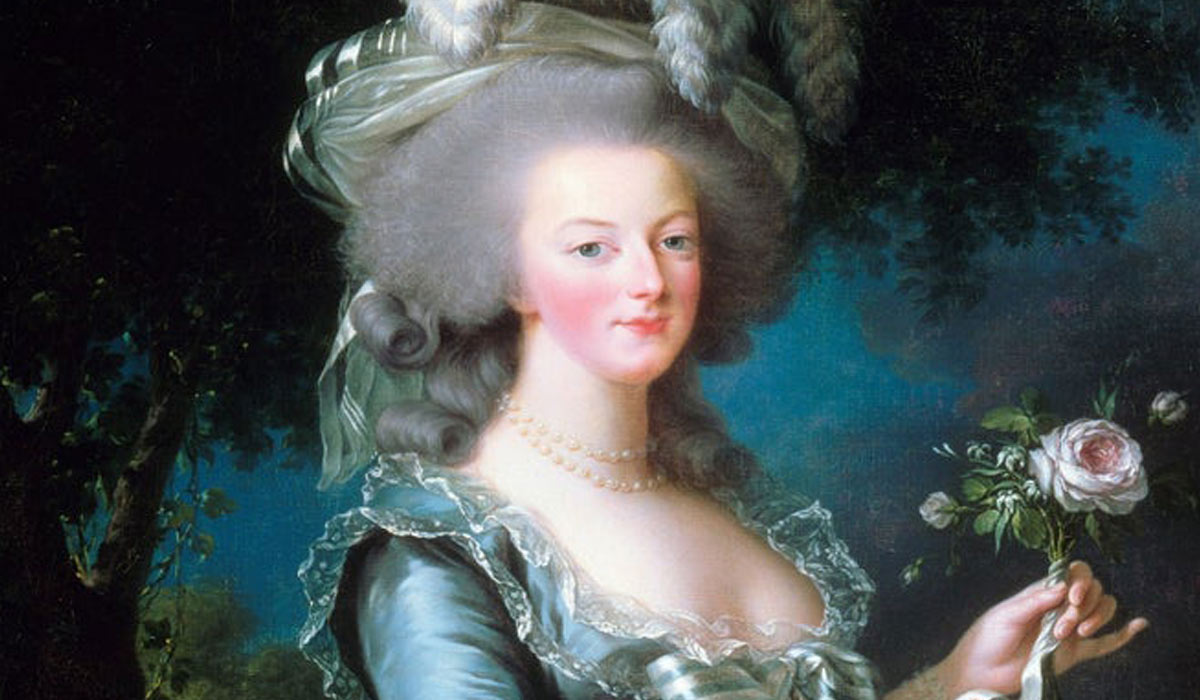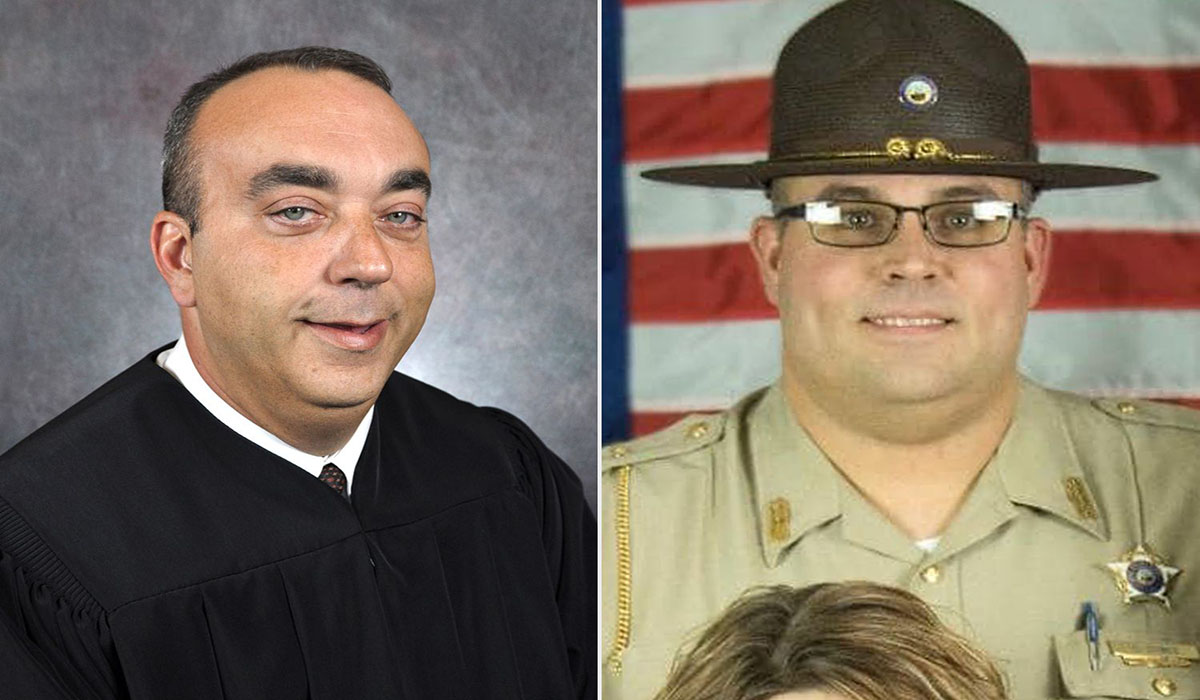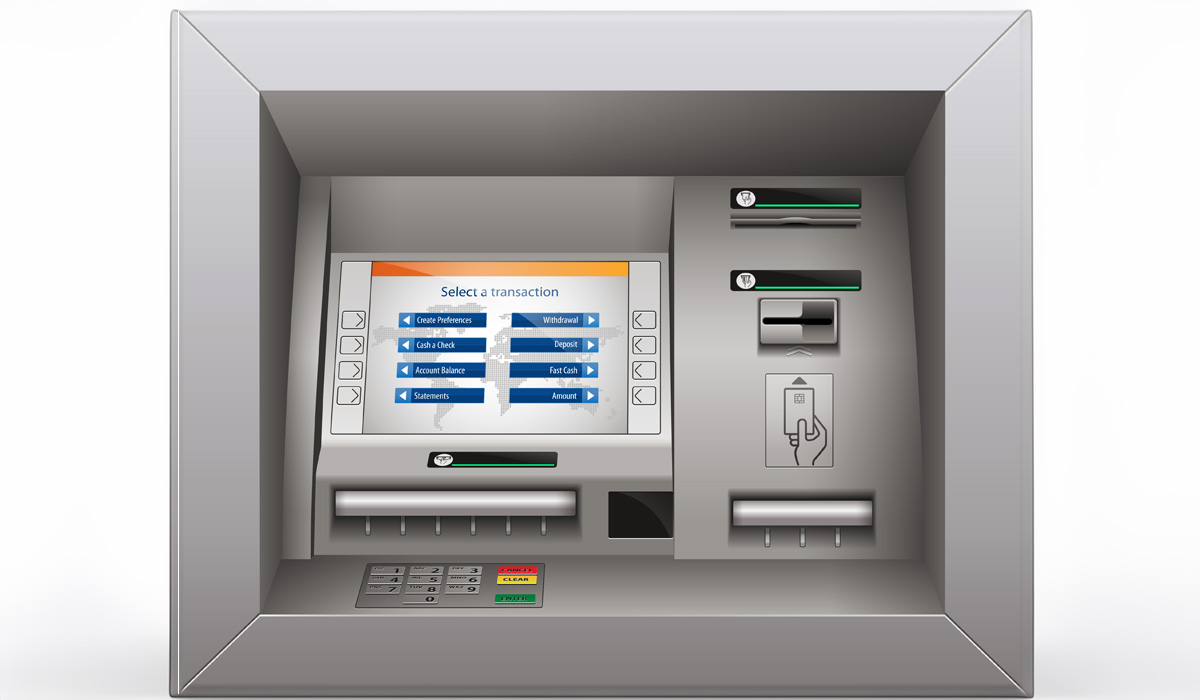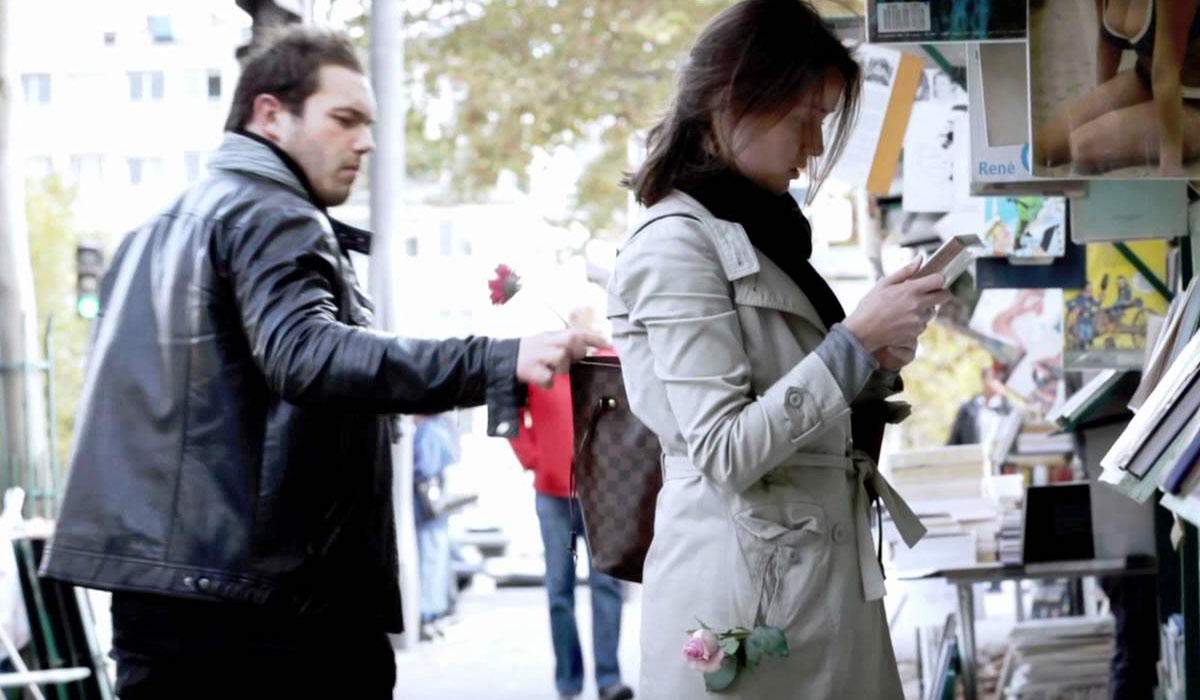The year was 1789, and a simmering discontent danced through the air of Paris. Queen Marie Antoinette, a young woman thrust onto the French throne, found herself adrift in a sea of rumors and whispers. One, in particular, clung to her like a persistent burr: the infamous “Let them eat cake” quip.
But was it really Marie Antoinette who uttered these callous words? Let’s step back through the tapestry of time and unravel the truth.
Marie Antoinette wasn’t your typical queen. Born in Austria, she arrived in France at 14, a lively spirit trapped in a gilded cage. The lavish lifestyle of the court clashed with her genuine empathy for the people. She supported charities, donated anonymously, and even had a farm built at Versailles to teach the aristocracy the value of honest labor.
So, how did the cake quote even surface? The truth is murkier than a Parisian back alley. Historians believe the phrase originated long before Marie Antoinette, attributed to various royals throughout Europe. It morphed and landed on her shoulders, fueled by political propaganda and public resentment towards the monarchy.
Imagine a court painter, twisting events, depicting the queen as Marie Antoinette the Ignorant, oblivious to the people’s plight. Pamphlets flew, whispers turned to roars, and “Let them eat cake” became a rallying cry against a perceived enemy.
The quote, though likely never spoken, served its purpose. It painted Marie Antoinette as a villain, widening the chasm between the opulent court and the starving masses. This fabricated narrative contributed to the French Revolution, forever altering the course of history.
Marie Antoinette’s tragic fate, ending with her own life forfeit on the guillotine, stands as a stark reminder of the power of misinformation. So, the next time you hear a historical anecdote, remember to dig beneath the surface, for the truth might just be a delicious cake, baked with a generous helping of misunderstanding.








